Compost your food waste.
Composting is a very simple way to become more self-sufficient. The result of the natural decomposition of your food waste is endless amounts of dark, nutrient rich soil for growing your own food.
An easy way to do this is to simply take the remains of for example, the skins of an onion or garlic, and save them in a container in your kitchen. When you fill that container, take it outside to a compost bin to decompose. There are many different ways to create a compost area, and they’re not too complicated. I recently built a two bay system, each bay about a cubic yard in size, using pallets we got for free. You can also purchase tumblers or smaller compost bins online, but I’ve found that its better to use a larger area for your compost pile to allow your pile to maintain the mass necessary to create heat which in turn creates the soil.
You can throw wood chips into your compost pile, straw, coffee grinds, and your food scraps. Just let nature do the work and keep piling that waste and turn it into a high quality soil for your garden!
Grow some food!
I have been feeling such an urgency these last two years to grow more and more of our own food. It is a lot of work and planning to do so, and it has been a learning process for sure figuring out what works and what doesn’t in the garden. But you’ll never learn anything if you don’t experiment and try planting different things. So my advice to anyone who has been on the fence about starting a garden or growing some food, to just buy some seed packets and put some seeds in the ground! Just do it. You’ll learn a ton even from your failures and know what to do differently in the future. Growing food from seed is incredibly rewarding and there’s nothing I enjoy better than watching plants grow that I have planted. For first time growers, I would recommend growing crops that have short days to maturity, like radishes and turnips. That way you can get an easy win from the start and give yourself confidence to try moving on to other vegetables.
I recommend Baker Creek for finding interesting heirloom varieties of plants to make your garden look super colorful and vibrant. They also have free shipping and always give you a free packet of seeds when you order at least $10 of seeds.
As for starting a new garden, I would recommend doing a few raised beds to start. They’re easy to manage and the higher you build your raised bed, the easier it’ll be to avoid some animals getting in and eating your veggies. If you’re short on space, or live in an apartment without a backyard but still have a small balcony, you can try something called the Green Stalk. It’s a vertical tiered planting box that allows you to grow a large amount of produce in a really small area. It would work great for growing herbs or strawberries and many other things!
Save your own seeds.
To become truly self-sufficient requires one to not be dependent on others to survive. For food growing purposes, that would mean not having to go to the store to buy seeds every year. Now, seeds aren’t very expensive, but for whatever reason if stores become closed or certain people are unable to enter, you might be unable to get the seeds you need. That’s one reason why seed saving is important. Also, when you save seeds from a plant grown specifically in your climate, it will have adapted its genetics to grow even better in the future. So saving your own seeds you will be getting better quality and have a better chance at success than buying seeds that may have been grown on the other side of the country in a completely different climate.
Seed saving is not very difficult. Some plants require longer times until you can save seeds while others like tomatoes, peppers and cucumbers are very simple. It’s also fun and relaxing to save seeds, as long as you make the time to do it. I plan to do more seed saving videos in the future on our youtube channel.
Filter your water.
There’s nothing better than drinking fresh, crisp, clean water.
Most of us don’t realize when drinking city water that it is full of chemicals. When we turn on our faucet in our home we literally smell chlorine. It smells like water straight out of a swimming pool and we knew we could never drink that without filtering. We purchased a Berkey Water Filter 2 years ago and it was one of the best purchases we’ve ever made. The Berkey has a black filter that removes almost everything contaminating your water and you can purchase an additional fluoride/arsenic filter to remove those as well. The fluoride filters last about 6-8 months and the black filters last 3-5 years.
With clean filtered water, you have the ability to secure fresh water for your family no matter what happens. You can even collect rain water and filter it, or simply get some buckets full of water from a local creek and put it through the filter and have perfectly clean water. The only water you can’t put in the Berkey is salt water as they would mess up the filters.
Another reason filtering your water is important is for food preserving purposes. When fermenting foods, you need to be sure you aren’t using water contaminated with different chemicals as it will mess up the natural preservation process. So starting out with the best quality water will ensure you won’t have any issues when preserving your food.
Experiment with preserving your harvest.
A big part of being self-sufficient is growing your food, but if you don’t know how to make that food last into the winter and following year, you’re going to lose that harvest you worked so hard to grow. I have started experimenting this past year with fermenting and pickling. I would like to get into canning this year to save even more things like tomato sauces and salsas.
For a newbie interested in getting into fermenting, I highly recommend making sauerkraut. It was the first food I tried to ferment and it was very easy. It’s a good feeling having a small win with your first try at something new. All sauerkraut requires is a head of cabbage, water and salt. That’s it. I made my first batch after watching this video by Jill Winger.
Other things like potatoes and sweet potatoes, onions and garlic, just need to be stored in a cool, dark and dry area to stay fresh. I’m happy to say we are still using onions and sweet potatoes from our harvest this past summer and fall!
Get small animals like chickens or rabbits.
If you have the ability to do so, I highly recommend getting some chickens or rabbits. Ever since I pulled that very first egg from our nesting box, I knew I was a real homesteader. It was the best feeling. Ever since that moment, I’ve been building upon that progress in other areas trying to make us even more self-sufficient. Having the ability to grab your own protein source in the form of eggs every day in your backyard is so empowering I can’t truly describe it. The chickens also create endless amounts of compost for us in the deep bedding of wood chips in their run. They are unbelievable animals and the first animals I would suggest if looking to start a homestead.
Rabbits are another animal I have been looking into recently. The thing I like about rabbits is their manure can be used directly on your garden beds. Chicken manure is very hot and can burn plants so it needs to used sparingly and composted well. Also, they don’t take up nearly as much space, and they reproduce quickly. Rabbits can also be a protein source for their meat in just 12 weeks!
Take steps towards becoming more of a producer than a consumer.
This is something I’ve realized about homesteading and being self-sufficient. There is a whole generation of people that would choose leisure, the easy path, instead of pursuing something difficult that requires hard work and discipline. This is what gives people purpose in life and that something I believe many have lost. Everything we could ever want is know at the click of a mouse. But is that what life is all about? Buying things? Accumulating things?
Homesteading is the only thing that seems to make sense anymore. Homesteading gives you purpose. Your animals depend on you. Your plants depend on you. It’s not something you can outsource to others. We seem to outsource every aspect of our lives, even allowing others on the “news” to think for us and tell us what our opinions are or should be.
The chickens don’t care about who is president or running for office, they just want to eat, scratch and forage.
Your plants don’t care about stories of a virus, they just want to be watered and nurtured.
The sun continues to rise regardless of the fear mongering stories about our climate.
There are so many things out of our control, but taking steps toward self-sufficiency is one huge way to gain back that control. Take charge of your food supply and take care of your family. Work hard and be grateful for what good you have in your life. Stop depending on the grocery store for things you could grow yourself or Amazon for things you could make yourself. Find a way to make money on your homestead by making items or growing food that can benefit your community.
Take care of your health by growing medicinal herbs.
When talking about outsourcing things to others, medicine is one that we might do the most. But that can be a costly mistake to outsource your health to others, especially if that means getting trapped into depending on certain pharmaceutical medications for the rest of your life. One thing I’ve learned about farming and regenerative agriculture is that the soil, just like our bodies, can heal. We can heal by removing toxic chemicals from our bodies and feeding ourselves the foods our body needs.
Turmeric, ginger, onion and garlic all have great benefits to our health. There are studies that show garlic is an incredibly powerful natural anti-biotic with no side effects other than bad breath. Turmeric reduces inflammation. Ginger heals your gut. Onions contain quercetin which helps destroy viruses and keeps you healthy. Herbs like cilantro and parsley aid in the removal of heavy metals from your body. You can grow all of these things and eat them on a daily basis to protect yourself from foreign radicals that try to invade and attack your immune system. This is something you can do proactively to take charge of your health. Don’t wait until you get sick to depend on a doctor to prescribe a band aid to fix you, take steps today to protect your immune system by eating the medicine our bodies need to repair itself.
I’m also planning to grow echinacea this year, which is helpful for boosting for immune system. We planted elderberries this past spring, which are so anti-oxidant rich and can be used to make an immune boosting elderberry syrup. We made some and have been taking daily sips during flu season to keep ourselves healthy. It seems to work!
Find a community of likeminded people.
Homesteading is a very solitary enterprise. It requires you to always be on call to take care of your animals and garden, leaving little time for socialization or visiting others. I’ve learned it’s important to find yourself a community of people you can depend on that share your interests. It’s easier than ever with social media to join different groups in your area to meet new people who are doing the same things you are. You can share information and learn from others no matter the distance just from your computer. I’ve made some new friends at the farmer’s market we sold at this past year and it’s exhilerating to find new people who share the same interests. It makes you feel like less of a loner or a weirdo when you find others who see the world the same way you do. You’re never too old to make new friends!
Never stop learning.
A mistake I made when I was younger was getting trapped into thinking I had all the answers. That I was right and everyone else was wrong. It takes a level of maturity to realize you really don’t know anything. Every day is an opportunity to learn something new. Every day is a chance to become better than you were yesterday.
As I mentioned above, there is a ton of knowledge to be found in homesteading groups on facebook. I’ve also gained a ton of knowledge from Youtube channels like Justin Rhodes and many others. I watch his channel almost daily and there’s always good information. There is so much knowledge that is being shared today that the only obstacle in the way of someone wanting to become more self-sufficient is you. You just have to want it and start doing it.
What are you doing to become more self-sufficient this year? Now is a great time to start planning for the growing season! Let me know what you’re doing in the comments below!
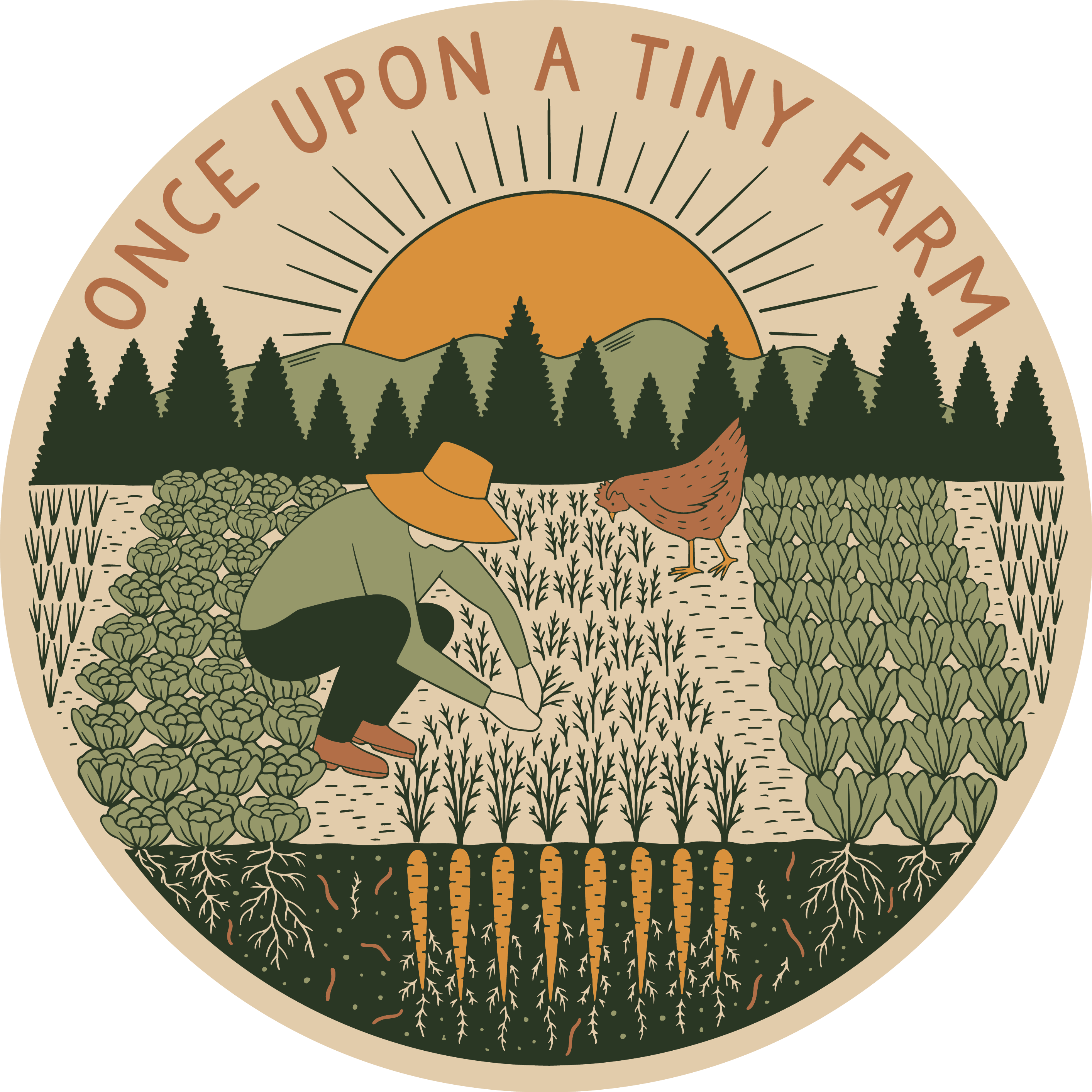
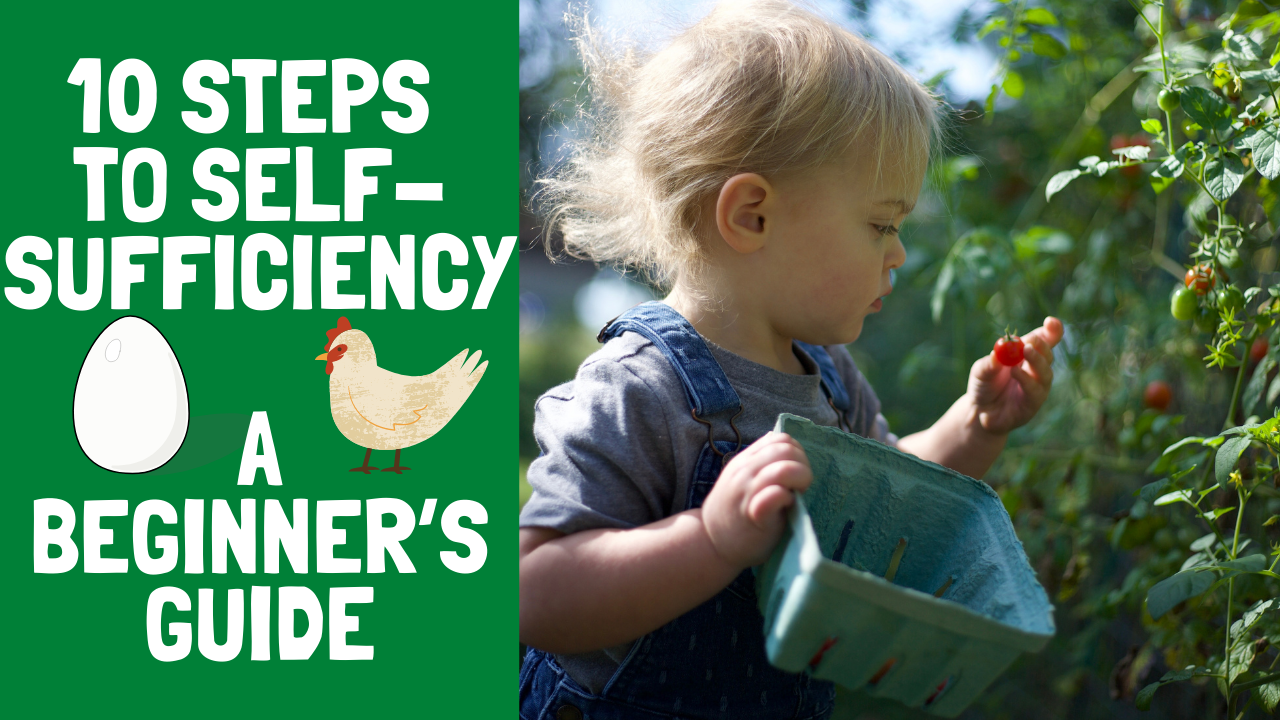
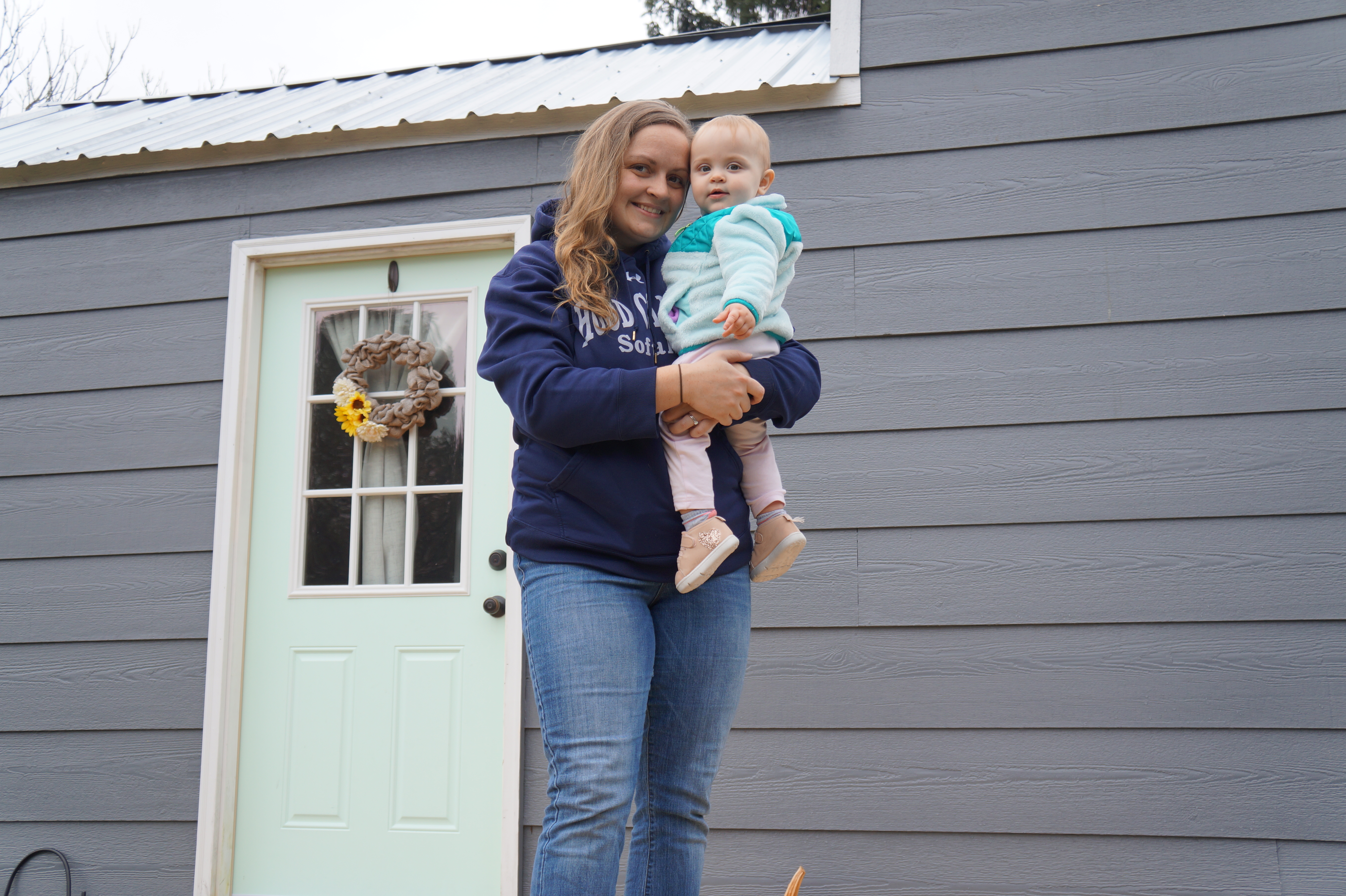
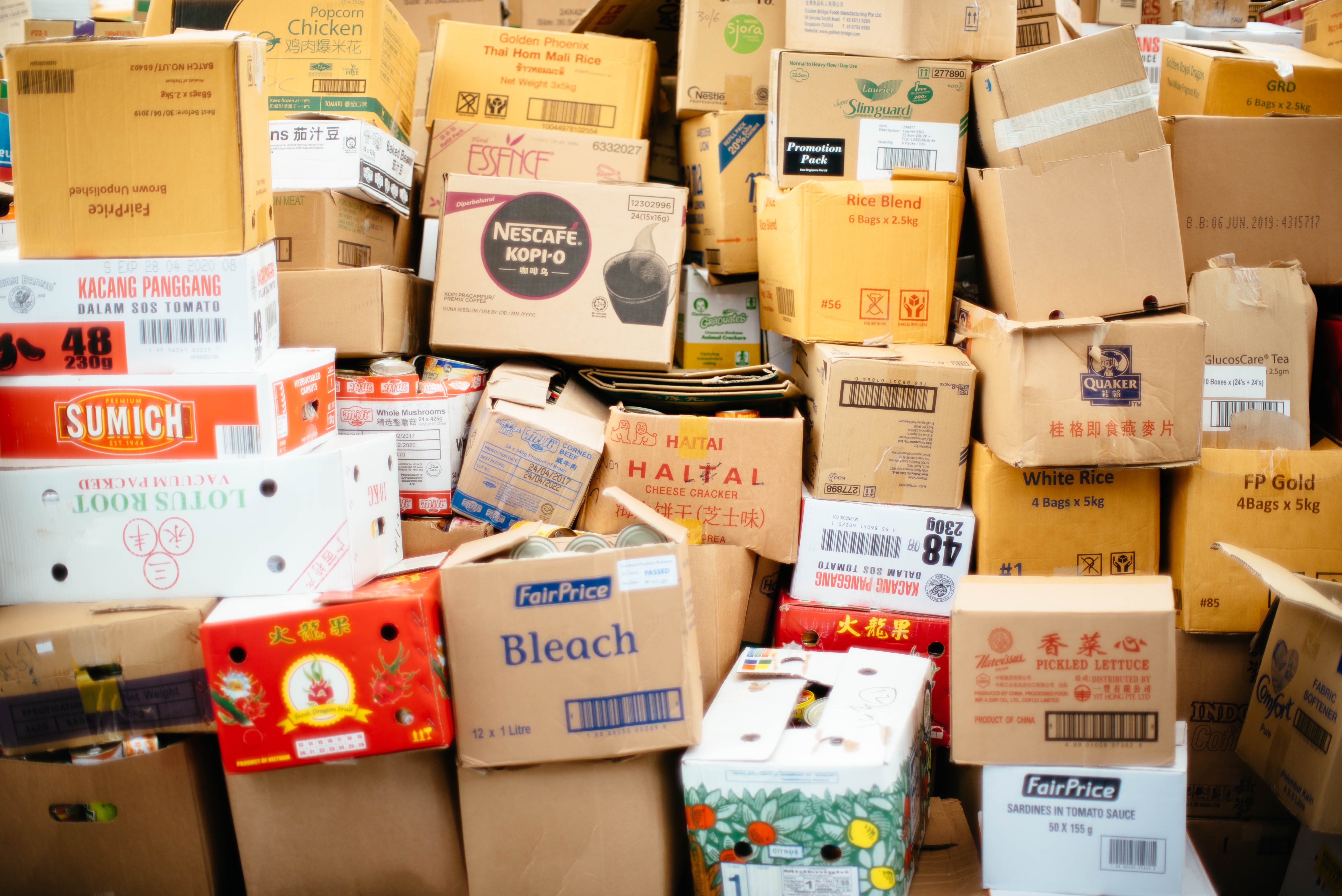
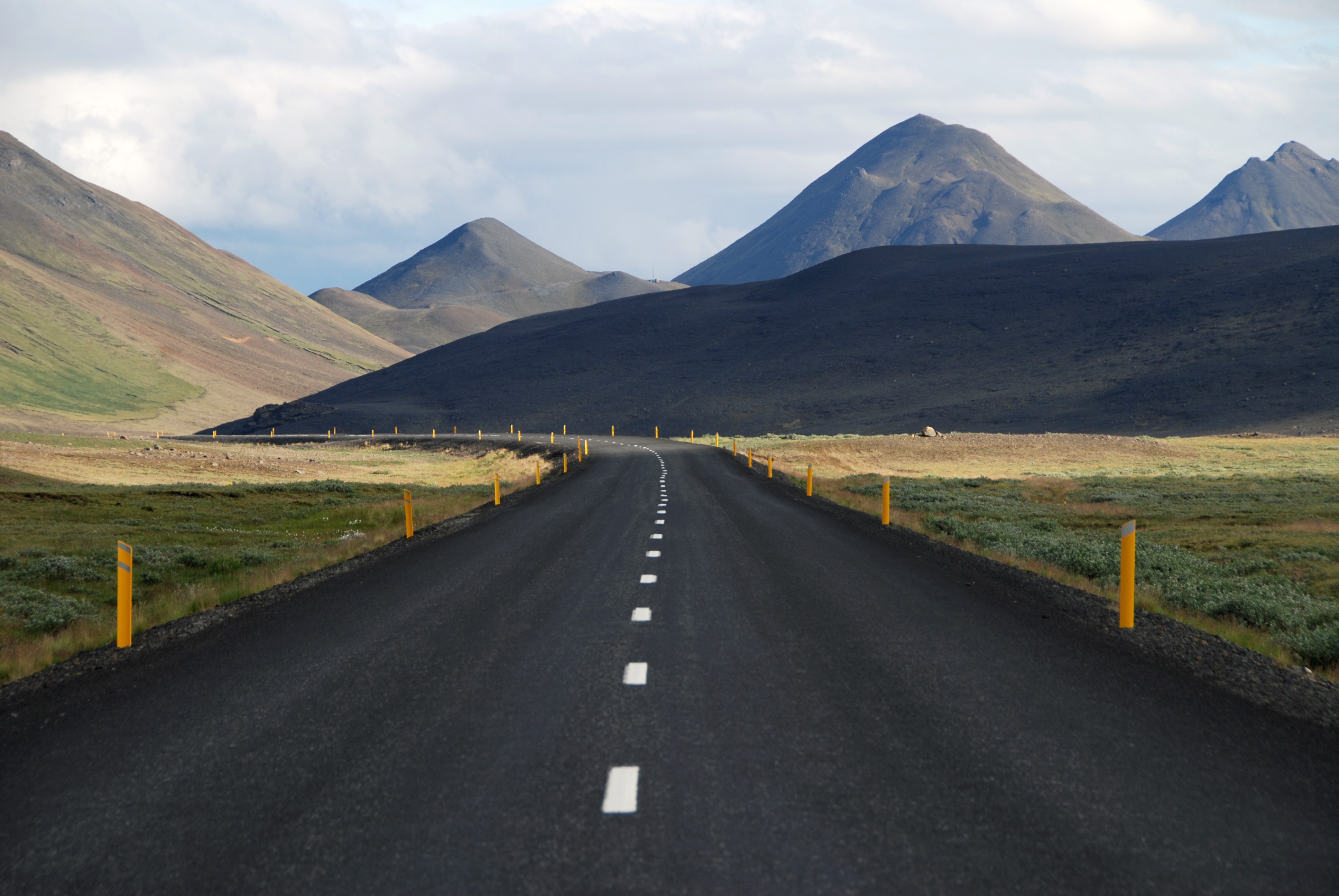
Leave a Reply